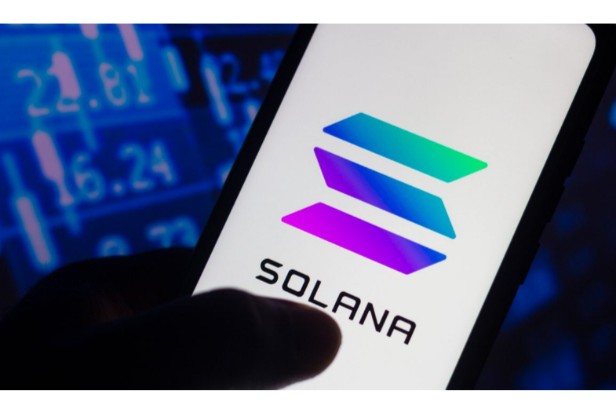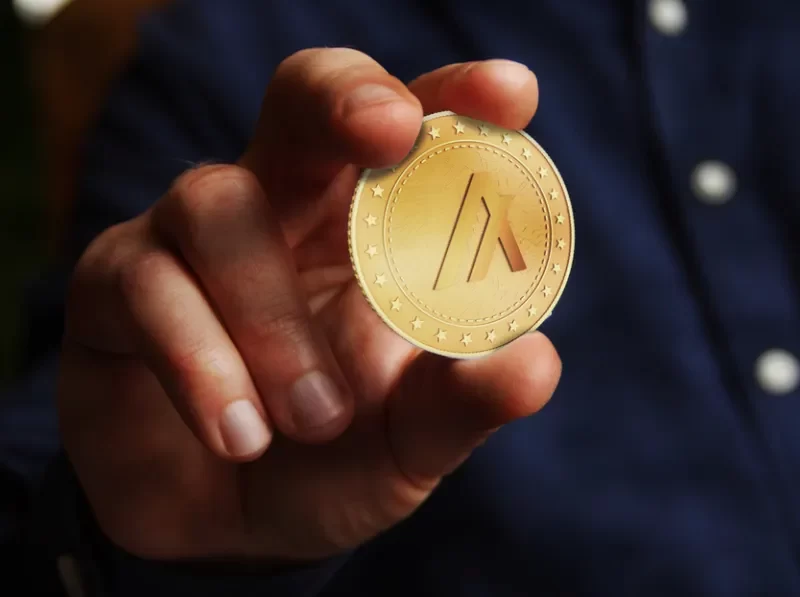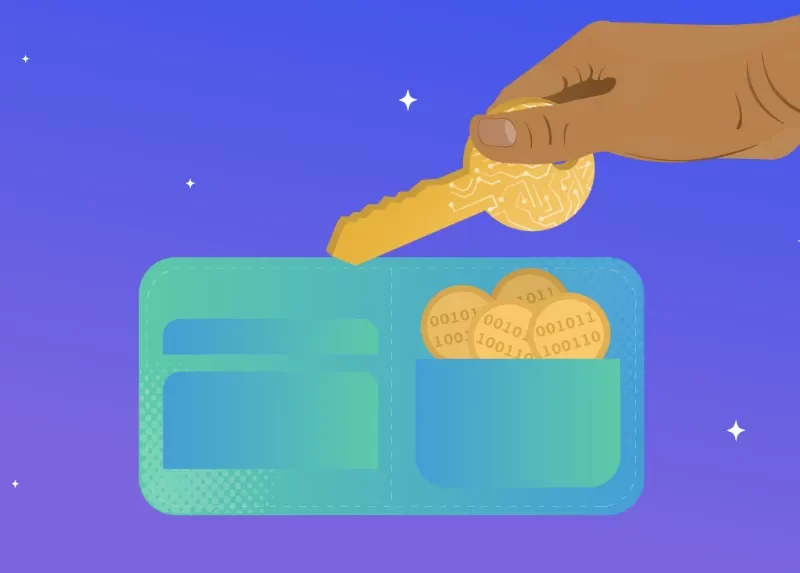This article describes the qualities of great Solana wallets and lists some of the top ones that support Solana’s SPL token standard.
A cryptocurrency wallet is a piece of hardware or software that enables users to interact with Web3 dApps and send and receive tokens. A user’s Web3 wallet is made up of one or more keypairs, which are made up of a private key and a public key that is generated cryptographically.
13 Best Solana Wallets Overview
Best Solana mobile-first wallets
Best Hardware Wallets that Support Solana
- Ledger
- SafePal
- Exodus
Best Mulitchain Wallets that Support Solana Tokens
- Atomic Wallet
- MathWallet
- Clover
- Token Pocket
- Coin98
If you want to earn free Solana, you can check our top 9 Solana faucets list & more free ways to earn free Solana!
What Makes a Great Solana Wallet?
The best Solana wallets have at least six qualities, including a good user interface design, dApp connectivity, native swaps, native staking, mobile friendliness, and regular updates.
1. User Interface Design
Users can view and trade NFTs, buy, sell, and spend tokens, as well as manage their digital assets, with the help of a good user interface (UI). To protect key pairs, sign transactions, control tokens, and engage with dApps, various wallet solutions employ various techniques. The best Solana wallets make this process simple.
2. DApp Connectivity
Decentralized applications (dApps) make up a large portion of the Solana ecosystem, and in order for you to interact with them, your wallet must be supported.
You require a wallet that those services support in order to use Orca’s decentralized exchange to trade SPL tokens or to purchase a non-fungible token from one of the top NFT marketplaces on Solana.
The largest variety of Solana dApps therefore include the best Solana wallets.
3. Native Swaps
Instead of requiring users to connect to a decentralized exchange’s UI in order to swap tokens, many wallets allow users to natively swap SPL tokens from inside the wallet. Wallets streamline the user experience and allow for more functionality in a single location by providing users with built-in swaps.
4. Native Staking
Staking accounts are automatically activated with your wallet address in a number of wallets. Owners of SOL tokens can earn rewards and contribute to network security by staking their tokens. It eliminates the need for users to stake with individual validators or liquid staking protocols by allowing users to stake their Solana tokens directly within the app.
5. Mobile Friendliness
There aren’t many mobile wallets that work in conjunction with web browser wallets. Mobile Solana enables simpler interoperability for on-the-go transactions and interactions, such as sending payments to friends and businesses using Solana Pay and QR codes.
6. Regular Updates
Many Solana wallets have very active development and support teams that guarantee a positive user experience, security, new features, and interoperability. The best wallets listen to user feedback, address bugs as soon as they arise, and regularly release enhanced features.
Best Solana Wallets
Here are the top selections based on the standards for a top-notch Solana wallet. Browser-based wallets and mobile-first wallets are some of the options available. The two sections that follow will discuss hardware wallets and multichain wallets.
Best Solana Mobile-first Wallets
Phantom
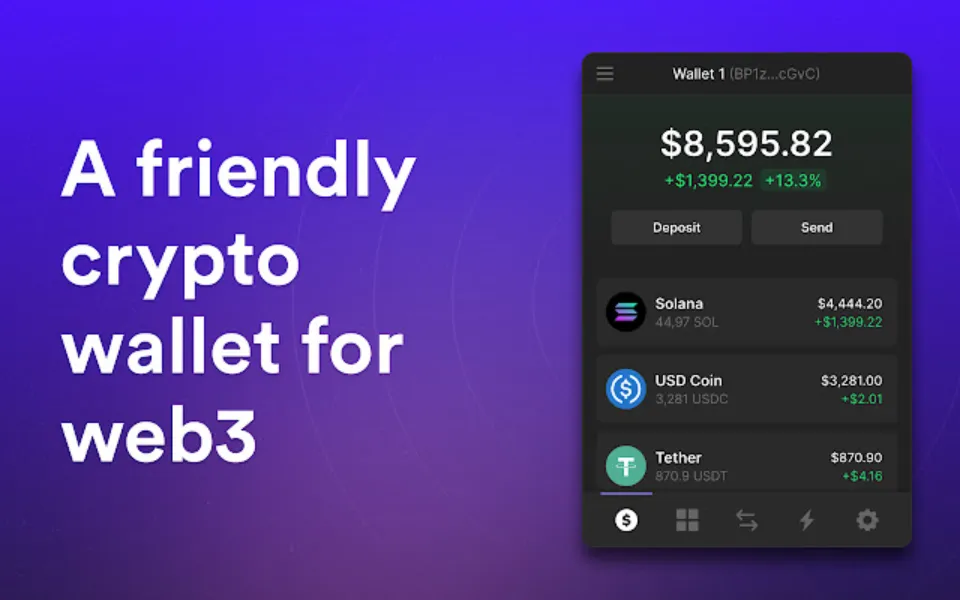
Phantom, the most well-liked wallet for the Solana ecosystem, was released in 2021. On the Solana network, phantom users have access to digital assets and can send, receive, store, stake, and trade them.
From the website of Phantom, you can download and use a mobile app as well as a browser extension for free. All of the popular web browsers, including Chrome, Edge, Firefox, and Brave, as well as mobile operating systems like iOS, are compatible with Phantom.
The premier wallet from Solana, Phantom has a straightforward design and security checks.
Slope
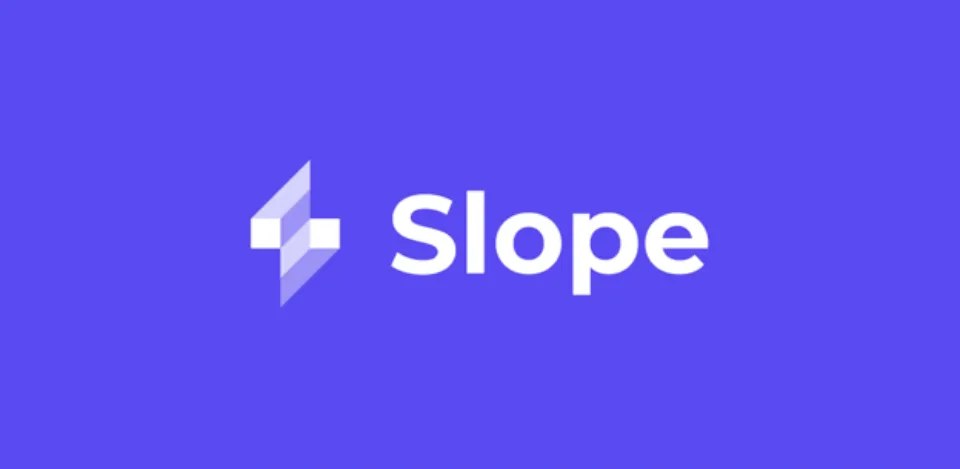
Slope is a non-custodial mobile-first Solana wallet with blazing-fast transaction times, minimal transaction costs, and an intuitive user interface. Slope includes all of the essential features, such as a stunning interface for showcasing your Solana NFT collectibles, dApp connectivity, and support for multiple devices.
Read More: Custodial vs Non-Custodial Wallets – Difference & Which One to Choose
Note: SOL worth $4.5 million was stolen from thousands of users throughout the Solana and Ethereum ecosystem on Tuesday, August 3rd, thanks to a hack of the Slope wallet. The victims of this hack included those who reused seed phrases on wallets like Phantom.
Solflare
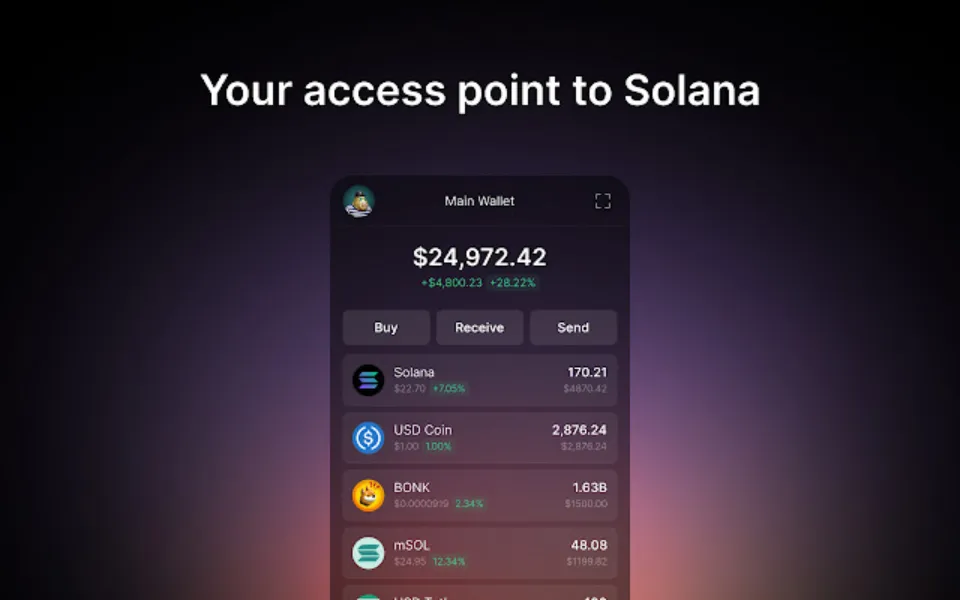
Solflare was one of the first wallets made for the It was created by Solana Labs and is known as the Solana ecosystem. Phantom doesn’t support as many platforms as Solflare, but both are equally well-liked. A web and mobile app are available in addition to the browser extension.
Currently, users can trade tokens on both the online app and the browser extension, but in the future, only mobile devices will support this function. The wallet will be connected to the Solrise investing platform, allowing users to manage their investments directly from the wallet.
Phantom uses a 12-word mnemonic phrase, while Solflare uses a 24-word one to increase security. Additionally, the Solflare staking system prevents users from staking all of their tokens, which may help to avoid future issues with accessing staked tokens.
Glow
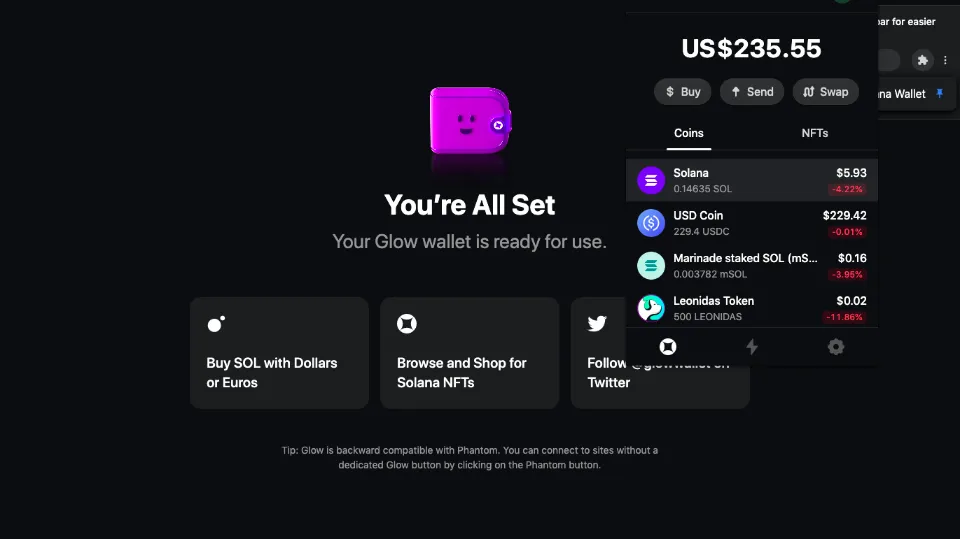
Glow Wallet is a Using a mobile device, you can store, send, receive, stake, and exchange tokens using the Solana crypto wallet. It’s not just an attractive wallet; it also has a few features that make it different from other well-liked Solana wallets.
Glow Wallet has a seamless, secure, and aesthetically pleasing user interface and is compatible with Solana Pay and Safari mobile. It is currently only available on iOS. Due to its built-in notifications, backups to iCloud, integrations with various wallets, and integration with Safari, the Wallet is very simple to use.
Torus
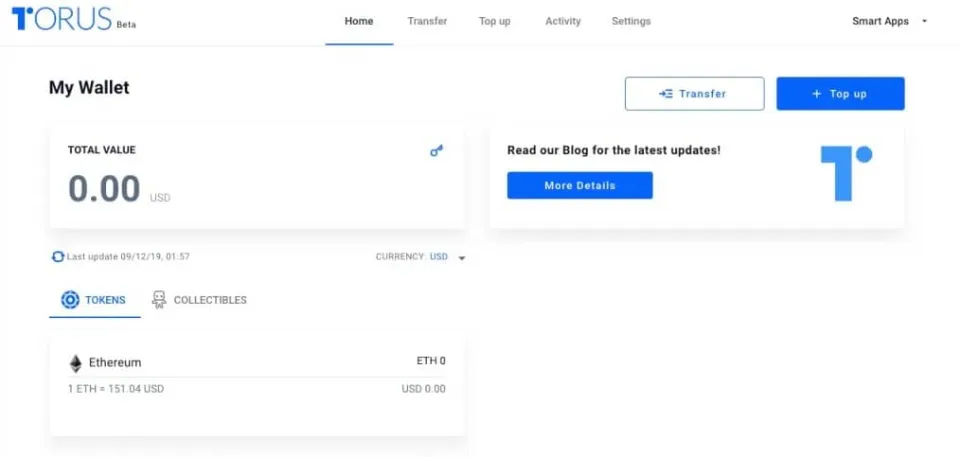
Torus provides one-click logins for dApps through the user’s With no additional installations, you can quickly switch between your Google, Facebook, Reddit, Discord, Twitch, or email accounts. Regardless of whether the recipient has ever logged into Torus, users can communicate with Google emails, Reddit usernames, and Discord IDs on the blockchain using Torus.
In collaboration with Solana, the typical web OAuth user onboarding procedure has been modified. Solana developers now have easier access to seamless key management thanks to Torus’s DirectAuth integration. As a result, developers have more control over how users log in, register, and use their wallets.
Best Hardware Wallets That Support Solana
Because of their security features, hardware wallets are the most secure choice for storing cryptocurrency tokens. Hardware wallets typically support multiple blockchains, and some of them also support Solana’s SPL token standard in addition to ERC20 standards. The top two hardware wallets that support Solana tokens are listed below.
Ledger
Staking SPL tokens for rewards and using them in Solana blockchain-based dApps is a great way to keep them safe in a hardware wallet. It is simple to set up both the SolFlare web wallet and the Ledger Nano X hardware wallet (the Nano S will also work).
Read More: How to Stake Solana (SOL) in Ledger Live – Should I Try It
The process involves:
- Installing the Solana app from the applications catalog in the Ledger Live app
- Setting Blind signing to YES in the Settings section of the Solana app on your Ledger hardware device
- Creating a new wallet on SolFlare
- Choosing Ledger Nano X
- Clicking Access
- Confirming the connection on your hardware device
Now using the Staking tab, Users of the Ledger wallet can view the complete list of Validators to whom you can stake in addition to other details such as their total stake sum, the number of delegators (stakers), skipped blocks, and links to their websites.
SafePal
SafePal is committed to giving the general public a secure and easy-to-use platform for managing crypto assets. This will make it possible for people to easily and safely store and grow their crypto assets.
Safepal, the first hardware wallet that Binance ever invested in, has more than 3,000,000 users worldwide using its hardware and software wallets, which are paired and managed through the SafePal App. Safepal is currently available in 196 countries.
Users’ Solana tokens are simple to secure, manage, swap, trade, and grow without jeopardizing the security of their assets. SafePal is a multichain hardware wallet that is similar to Ledger.
Best Mulitchain Wallets That Support Solana Tokens
The Solana, Ethereum, and EVM-compatible networks are among the multiple blockchains that multichain wallets support. Multichain Solana wallets are excellent for managing SPL tokens as well as other token standards, but they occasionally do not have the same dApp integration support as native Solana wallets. The top Solana wallets are listed below!
Exodus
Exodus is a wallet that can hold more than one type of currency. It is compatible with Windows, Linux, Mac, Android, and iOS devices. You receive a return on investment of about 6% annually. The Exodus wallet’s desktop version can be connected to the Trezor Model T hardware wallet using the Trezor bridge.
Atomic Wallet
The Atomic wallet lets users stake a lot of different cryptocurrencies, including SOL Tokens: In the same way that you would with a local validator, you can select a validator and stake your SOL with it.
You will receive a seven percent reward for choosing to stake with the Atomic validator node, which is more than the typical five to six percent reward for validators.
An on-ramp into cryptocurrency can also be made use of by using third-party wallets like Atomic. Purchasing cryptocurrency from the wallet using a credit card or wire transfer and having it sent to your wallet is known as an on-ramp. Newcomers to the blockchain revolution now have an easy way to get involved.
Although the prices are high, they are not intolerably high. However, not all tokens, including SOL, can be purchased directly with fiat money. You must first purchase another token, such as Bitcoin or Ethereum, using your credit card in order to get SOL in Atomic, which you can then trade for SOL in your wallet.
MathWallet
MathWallet is a great wallet with a lot to offer including
- Math dApp – a dApp marketplace where users can use their digital wallets to interact with services built on major chains.
- Math Vault – the wallet’s mining pool. Users are able to stake SOl in Math Vault, where some tokens have standard APR rates as high as 30%.
- MATHGas – which keeps track of how much gas costs at big chains.
More than 86 blockchains are supported by Math Wallet, which runs on a variety of platforms including mobile, desktop, browser extensions, and hardware integration with Ledger.
Since Math Wallet is custodial and you don’t have private keys, this is where the biggest risk lies.
Clover
Clover Wallet is a multi-currency wallet that you can use with your smartphone or as an extension in your web browser. With connections to networks like Polkadot, Ethereum, Solana, and BNB Chain, Clover Wallet is able to connect DeFi applications cross-chain without having to switch between those networks.
Assets can be sent, received, wrapped, and unwrapped with the help of Clover Wallet without any custody being involved. Anyone can install the wallet and even look at the source code because it is free to use.
Token Pocket
TokenPocket is a safe digital wallet that lets you exchange cryptocurrencies across multiple blockchains. TokenPocket was developed on the dApp gateway and can quickly connect to more than 2,200 existing dApps.
Users are able to send, receive, exchange, and keep track of all transactions through a single interface. Users can find the newest information about the blockchain sector as well as the market’s token prices in TokenPocket’s news and market sections.
TokenPocket uses FaceID, a 6-digit PIN, and fingerprint authentication to increase the security of the login process.
Coin98
The Coin98 wallet offered one of the first mobile apps to support For iOS, Android, and Google Chrome, there are different versions of the Solana dApps. Multiple dApp categories in its dApp store offer a wide range of applications. The wallet includes a dApps browser that enables users to switch between the different networks on which Coin98 is built.
Various platforms, such as non-custodial wallets, centralized exchanges, and other private platforms, are available for users to manage their portfolios. Security is important to the wallet, so it offers a number of safeguards to protect the wallets of its users.
What is Solana?
Solana is a blockchain that uses the POS (In addition, they have developed their own PoH (Proof-of-History) consensus protocol that enables a high volume of transactions per second.
While it enables the 50,000 tps speeding up the network, the transaction fees are also extremely low.
Partnering with payment systems like Circle (who on the other hand partners with VISA to enable people pay with USDC all over the world), Chainlink, cryptocurrency exchanges projects, Digital Assets AG (tokenized stocks on Solana network and access to US stock market) the Solana seems to be really stepping up among the competitors with a bright future ahead.
Due it’s scalability and performances DeFi, Web3, and blockchain gaming have chosen to develop their projects on Solana.
If you are interested in knowing how Solana different from other cryptocurrencies, welcome to check the folloing guides!
- Solana Vs. Polygon – What’s the Difference & How to Choose – BTCADV
- Polkadot vs Solana – Differences & Similarities You Need to Know – BTCADV
- Cardano vs. Solana – 2022 Cryptocurrency Comparison – BTCADV
What Are Solana Wallets?
Cryptocurrency holders can store, send, and receive Solana tokens using hardware or software known as Solana wallets. On the blockchain, there are software wallets that are typically only compatible with a single cryptocurrency, as opposed to hardware wallets that typically support multiple cryptocurrency types.
Because cryptocurrency is always maintained on the blockchain, Solana hardware wallets do not actually store any cryptocurrency. The hardware wallet serves as a storage location for your private key, which unlocks the lock on the blockchain where your Solana is stored. You can safeguard your private keys and prevent online attacks with hardware wallets like the Ledger Nano X.
Online storage for your private keys is provided by Solana software wallets like Phantom, Solflare, and Sollet. These software wallets are best viewed like a keychain that stores the keys that give you access to your Solana. The three types of Solana software wallets are desktop, mobile, and online. These wallets can be used on the web, phone, or tablet.
These wallets differ from Ethereum and Bitcoin wallets. Bitcoin wallets can’t support smart contracts, yet Ethereum can. Ethereum and Bitcoin wallets will require significant gas fees for transactions, while Solana will be less than one cent per transaction.
How Solana Wallets Work
Solana wallets work by storing your private keys and public addresses. Your private keys are what give you access to your Solana, and your public address is what you use to receive Solana tokens. When you send Solana, you will use your private keys to sign a transaction that includes the amount of tokens you are sending and the destination address. This transaction is then broadcasted to the Solana network, where it will be verified and incorporated into the next block on the blockchain.
Transfers between Solana wallets are easy and straightforward. All users have to do is paste in the Solana wallet address they are sending to, choose the amount, and simply send.
Solana wallets can store any token based on the Solana blockchain. These tokens are called Solana Program Library (SPL) tokens, with SOL being the most popular one.
Setting up a wallet is a fairly straightforward process. Once you’ve selected a wallet, download the browser extension from the website if you are using a computer OR the mobile app for phones. Open the app, and then select “Create new wallet.” A new wallet will be generated for you along with a multi-word passphrase (write this down somewhere safe!). You can now start using your wallet to buy and store SOL.
Hardware Solana Wallets Vs. Software Solana Wallets
Solana hardware and software wallets both offer some similar features, but there are distinct differences between the two.
A Solana hardware wallet is often a small device that plugs into a computer or connects through Bluetooth, which acts as a portable key to access your Solana assets safely from anywhere you are. They give you an extra layer of security and protection against cyber attacks, malware, and phishing attacks, even if the computer you are using isn’t secure. Using a Solana hardware wallet can also log you into many Dapps without having to create new accounts.
Solana software wallets are apps or programs that hold your private key and can be used on phones, tablets, or computers. These wallets generate a seed phrase between 12-24 words that prove ownership of your Solana.
Tokens You Can Store in Solana Wallets
Solana wallets like Phantom support all tokens in the Solana ecosystem. This means you can store native SOL tokens as well as SOL-based NFTs!
Additionally, the wallet supports other well-known cryptocurrencies, including:
- USDT
- USDC
- Serum
- Raydium
Solana Wallets Vs. Ethereum Wallets
Solana and Ethereum are both massively popular in the blockchain world. Ethereum tends to be more popular since it was released in 2015 and gained significant traction since. Whereas Solana is relatively new and still growing, just being launched in 2019.
Solana uses a proof-of-history (PoH) mechanism, while Ethereum uses a proof-of-stake (PoS). Solana has achieved a high level of scalability by leveraging the PoH mechanism, and it allows for around 50,000 transactions per second (TPS). Ethereum’s newer PoS mechanism boasts double the transaction capabilities at 100,000 TPS. Both PoH and PoS are highly scalable and better than Proof-of-Work which was previously used by Ethereum and is still used by Bitcoin.
Solana wallets offer the ability to purchase NFTs for no transaction fee and very few congestion issues. This means purchasing NFTs with a Solana wallet is more easily accessible than Ethereum wallets.
Ethereum wallets tend to be better when you are looking for smart contract support. Most financial institutions prefer Ethereum over Solana. Solana is slowly trying to catch up, but it’s a long road to catch up to Ethereum’s colossal size.
How to Choose the Best Solana Wallet
There are many factors to look at when it comes to choosing a Solana wallet. Choosing what features you are looking for and the specific needs of the wallet will depend on the user, but this is a list of common factors that investors look for.
- Fund Accessibility: Choosing a wallet that allows you to have access to your funds is important to many investors. Choosing a non-custodial wallet will be better for users interested in retaining the keys to their wallets. Choosing a non-custodial wallet allows users to retain complete control of their keys and funds. With custodial wallets, the private keys remain in control of the wallet provider, which means they ultimately have control over the funds.
- Fiat onramps and offramps: On ramps are a way to enable users to exchange their Fiat money for cryptocurrency. Off ramps let users cash out their earnings from crypto by enabling them to sell their digital assets for Fiat money.
- User Experience: If you are looking for the most user-friendly experience, a custodial wallet is generally the way to go. They tend to have more user-interactive features and a more user-friendly layout. Non-custodial wallets generally require more technical know-how which can create a frustrating experience for some users.
- Hardware or software: One of the biggest factors when it comes to picking a wallet is choosing between a hardware or software wallet. If increased security is your main priority, a hardware wallet will probably be your best choice. If you are looking for ease of use through apps or browsers, a software wallet would be ideal.
- Safety and Security: Users looking for the most secure wallet should look towards a non-custodial hardware wallet. They are secure from cyber threats due to not being connected to the internet. Users should ensure the storage of private keys and recovery phrases.
Conclusion on Solana Wallets
In the end, choosing the best Solana wallet is a combination of personal preference and your intended use. The above list should give you a great idea of some of the characteristics and offerings of some of the best Solana wallets available today.
Frequently Asked Questions
Which Wallet is the Best for Solana NFTs?
Phantom Wallet is generally considered to be the top Solana NFT wallet on the market. Phantom Wallet allows users to manage their NFT assets, regardless of their form, simply and safely.
Which Hard Wallet Supports Solana?
There are currently three popular hardware wallets that support Solana. The Ledger Nano X, Trezor, and D’Cent.
What is the Best Solana Wallet?
Ledger NanoX is the top-rated wallet for Solana. It is a wallet that provides a great mix of security and ease of use for everyone from beginners to veterans of crypto trading. It allows you to store up to 100 blockchain apps, has a large screen, and offers Bluetooth connectivity.

